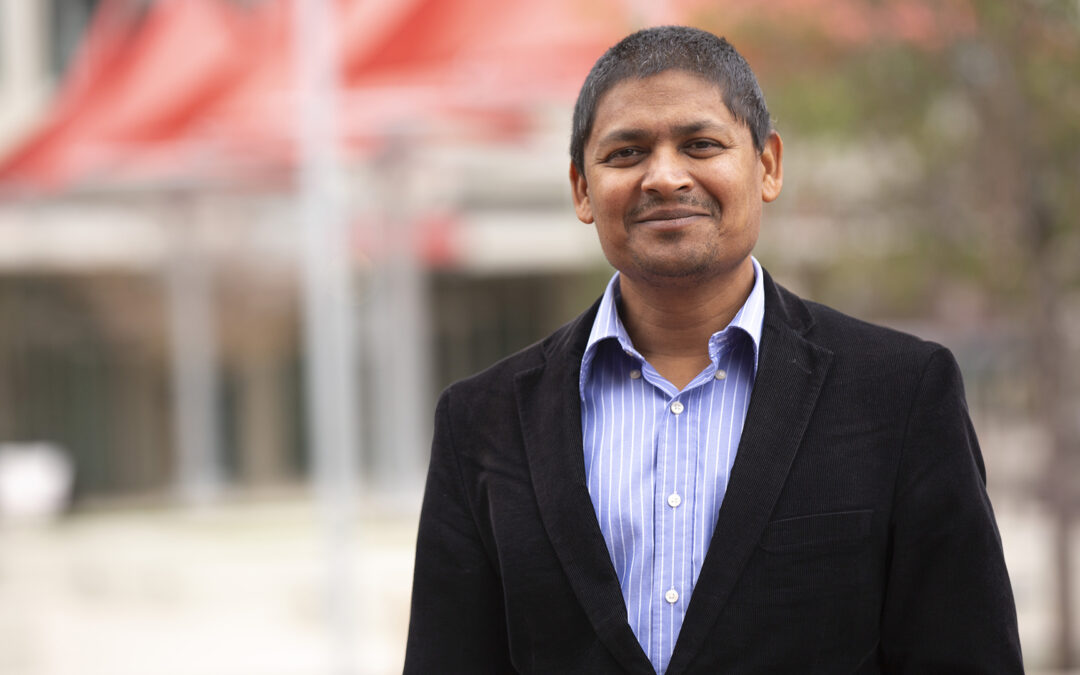Aviral Shrivastava, graduate program chair of the computer science and engineering program in the School of Computing and Augmented Intelligence, part of the Ira A. Fulton Schools of Engineering at Arizona State University, has been elected Editor-in-Chief of the prestigious IEEE Embedded Systems Letters, or ESL, journal.
The journal, currently published each quarter by the Institute of Electrical and Electronics Engineers, or IEEE, is designed to provide a quick way to distribute research results in the areas of embedded systems and embedded software. Speed and relevance are two key aspects of ESL. It strives to include short and critically refereed technical papers and has a target turnaround time of three months.
Embedded systems are special-purpose devices not conventionally considered to be computers and embedded software is the code written to control them. Common embedded systems are medical devices, like pacemakers, fitness watches and vehicle microcontrollers that support things like blind-spot monitoring systems.
The ESL publishes research on core topics like computer architecture, programming languages, design automation and software engineering and includes ideas that can be applied in many areas such as avionics, the automotive industry and the military.
Shrivastava was chosen for the role following a highly selective process by the Council for Electronic Design Automation who reviewed the work of applicants from across the globe. “My main focus as editor-in-chief will be to create tie-ups with conferences and workshops and create publication pipelines with them,” he says. He also hopes to increase the number of submissions and continuously improve review processes.
The IEEE has more than 423,000 members and is considered one of the world’s largest and most active professional associations. “The ESL is uniquely positioned to publish the most impactful work in the early stages of conceptualization,” Shrivastava says. He notes that the journal’s four-page format allows researchers to quickly submit initial ideas and early experimental results.
Shrivastava is a leading expert on programming embedded and cyber-physical systems. He serves as General Chair of Embedded Systems Week, or ESWEEK, is a past recipient of a National Science Foundation CAREER award and heads the Make Programming Simple Lab. He has doctorate in information and computer science from the University of California, Irvine.


